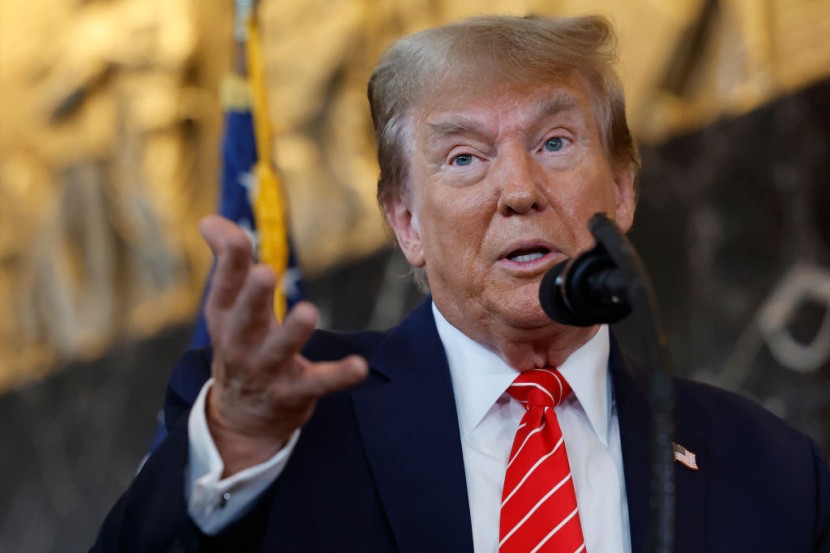In the latest coverage of Trump's ongoing case regarding his Presidential eligibility the Associated Press has provided a newly published report.

According to the report, the Supreme Court will be hearing Trump's appeal of a Colorado ruling that he's not eligible to run for another presidency on the grounds of his violation of the 14th Amendment which bars those who "Engaged in insurrection" from holding office. Observers expect the Supreme Court to overturn the ruling but as many have pointed out it sometimes comes down to chance when attempting to predict a Supreme Court ruling.
Section 3 of the 14th Amendment states the following "No Person shall be a Senator or Representative in Congress, or elector of President and Vice President, or hold any office, civil or military, under the United States, or under any State, who, having previously taken an oath, as a member of Congress, or as an officer of the United States, or as a member of any State legislature, or as an executive or judicial officer of any State, to support the Constitution of the United States, shall have engaged in insurrection or rebellion against the same, or given aid or comfort to the enemies thereof. But Congress may by a vote of two thirds of each House, remove such disability."
Trump's Defense
However, Trump's defense lawyers are arguing that this part of the Constitution wasn't meant to apply to the Presidency. They have noted that the section mentions electors, senators, and representatives but the Presidency is left out. They have also pointed out that it says those who have taken an oath to "support" the United States are used but the Presidential oath requires the elected President to "Preserve, Protect and Defend" the Constitution. Trump's lawyers have also stated the word "officer" does not apply to the President but instead to the President's appointees. This loophole had convinced one of the Colorado district court judges who agreed that while Trump did participate in an insurrection act but did agree that it was unclear if section 3 applied to the presidency. The high court had provided the following statement "President Trump asks us to hold that Section 3 disqualifies every oath-breaking insurrectionist except the most powerful one and that it bars oath-breakers from virtually every office, both state and federal, except the highest one in the land."
The report concludes with three potential outcomes. The first is that the court upholds Colorado's ruling which would require victories for the defendants on the whole formation of Trump's defense. The second outcome would be the court could decide that Trump cannot be disqualified under Section 3 and that would end the case against him on top of other challenges that have been filed countrywide. The third option would be more ambiguous where the court doesn't decide on whether Trump is qualified for office leading to a drawn-out decision that would lead into Jan.6th, 2025 where should he win congress will need to decide whether to certify his victory or not.








